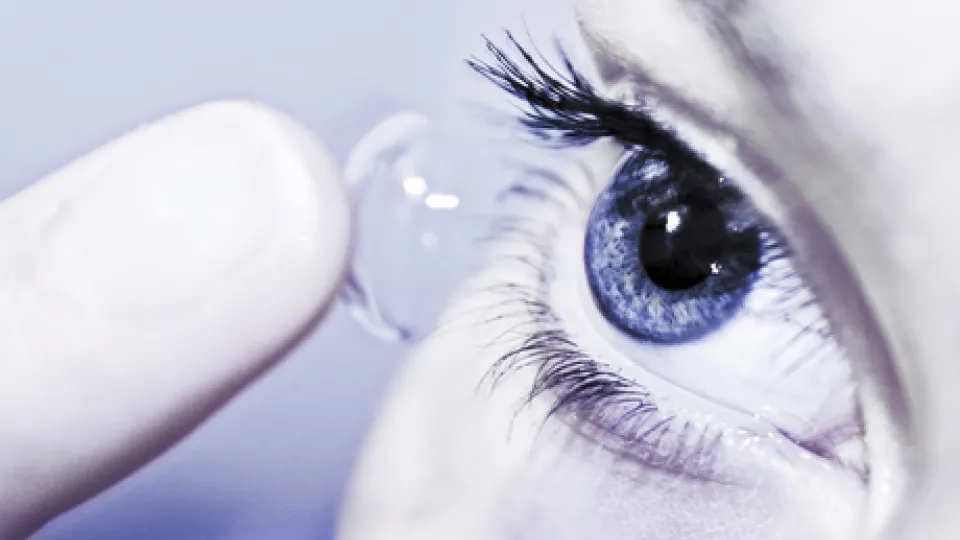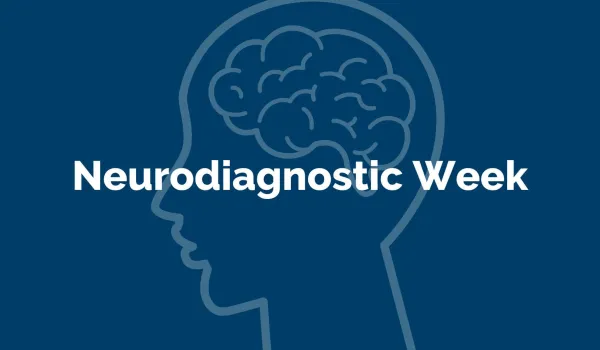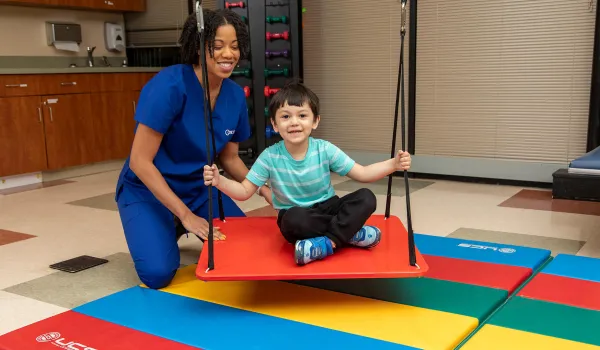Concorde Staff

Vision is probably the best-developed sense in humans - something we rely on every single day. If you don't have naturally good vision, it's only, well, human to want to augment your sight in the most convenient, least obtrusive way possible. Enter the contact lens, first illustrated in 1508 by Leonardo da Vinci and made into a reality in 1887.
Since those first glass lenses (yikes!) in 1887, contacts have come a long way. According to the Centers for Disease Control, more than 30 million people in the United States now wear them. Two-thirds of these wearers are female, and the average worldwide age of wearers is 31. Despite the hip, young demographic, however, many people aren't optimizing their contact lens health.
THE BASICS
Your contact lenses are delicate sight-enhancing mechanisms, and you should treat them as such. Always wash your hands with soap and water before touching your lenses, and never expose them to water if you can help it. That means taking them off before jumping in the pool or hot tub, as well as before you get into the shower or bath. Additionally, you should never rinse a contact lens with water (or saliva), only with contact solution. Don't forget to replace your contact lenses as often as recommended by your doctor or other health care professional.
THE ACCESSORIES
Keep your contact lens in cases specially made for the purpose. Clean your case after each time you remove your lenses, using contact solution. Refill when you take your contacts out that night with fresh contact solution. Avoid the temptation to leave old solution in the case and "top it off," which can encourage disease and discomfort.
THE UNCOMMON
Some contact lenses are made to be worn for 30 days straight, so you never have to take them out. Although you may have heard of these, do not assume that all contacts are like this. Most are not, and you must remove them every night for optimal eye health.
Sometimes your contact lenses may start to irritate your eye, or even cause pain, in which case you should immediately take them out and see a doctor. Despite the fact that wearing glasses may be uncomfortable, you should not put your lenses back in until the issue has been checked out and is fully resolved.
THE ANNUAL
Even if everything is normal with your contact lenses and your visual health, you should still visit your physician or optometrist once per year. They will help you assess whether your prescription is still correct, if your lenses are working for you, and if you need to make any other adjustments.
Contact lenses are now a contemporary fact of life, which means that many routine wearers are tempted to treat them as mundane and non-dangerous. While you shouldn't be afraid of your lenses, per se, it's very important you remember that they are a foreign body in your eye, and can cause trouble if not properly cared for. Following the steps above, however, will keep you and your eyes in good health over the long haul.
Protect your most valuable physical asset. Surround yourself with professionals who know the value of a healthy mind and body. Check out our health care programs at Concorde.

Next Steps?
We have a Concorde representative ready to talk about what matters most to you. Get answers about start dates, curriculum, financial aid, scholarships and more!



